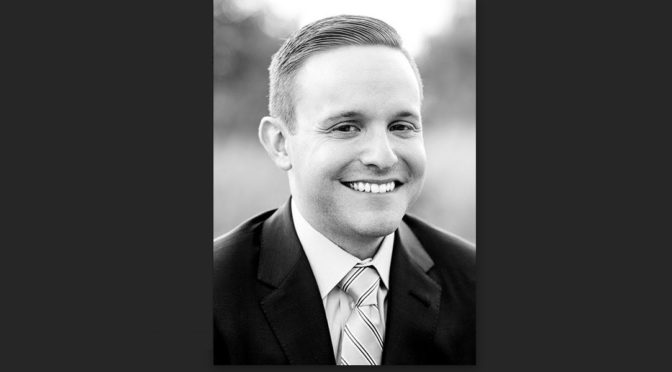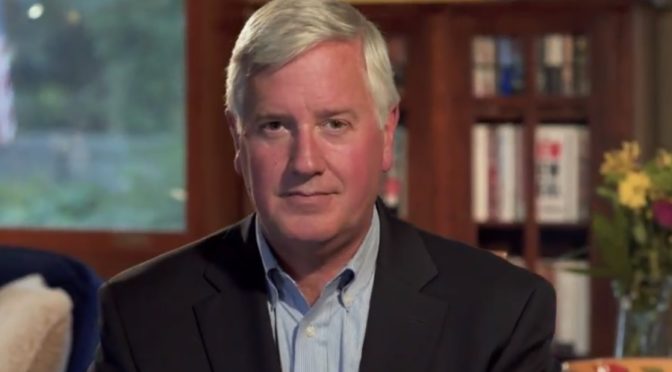TLCQ 2018: Adam Milasincic
In the Fifth installment of the 2018 Texas Leftist Candidate Questionnaire, we hear from Adam Milasincic, candidate for the Texas State House, District 138
Please note: Responses have been received directly from the candidate, and have been posted ver batim from the email received. This is done out of fairness to all candidates. Publishing … Continue Reading ››

